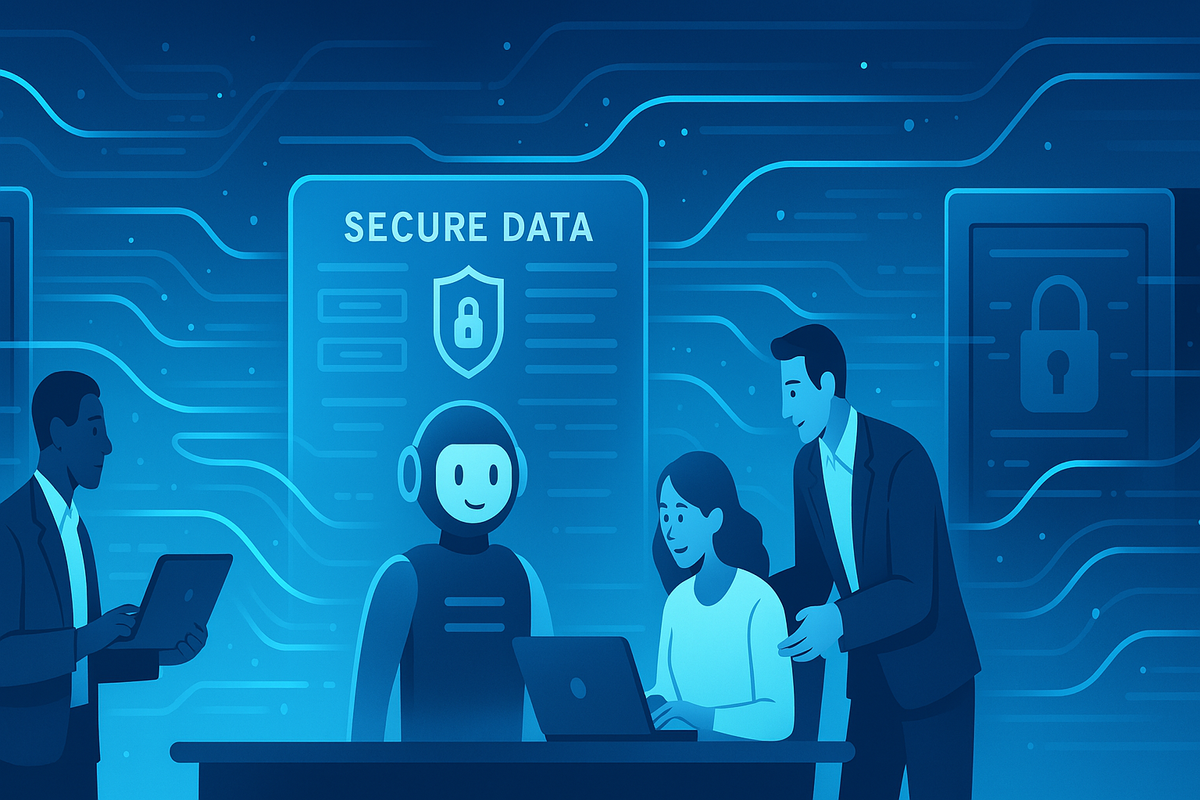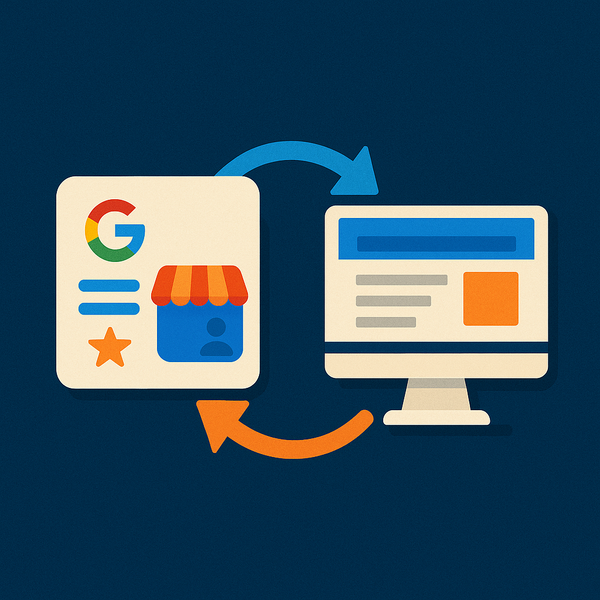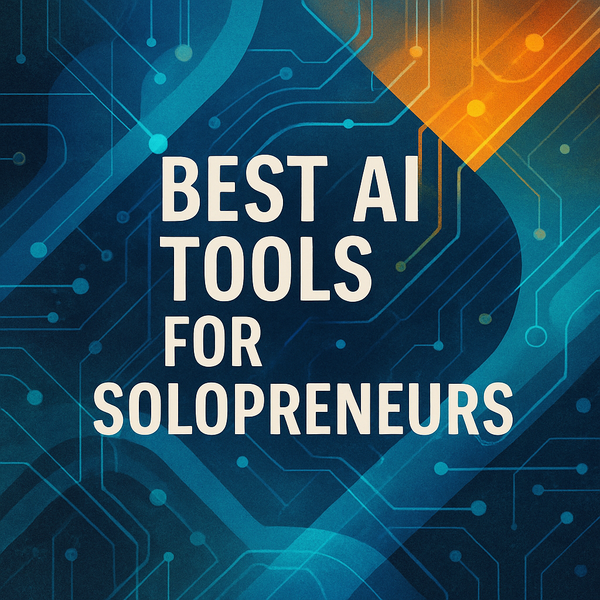Protecting Your Data When Using AI Tools
Worried about privacy when using AI? Learn how to guard your data against breaches and misuse, so you can fully embrace AI’s benefits without risking your digital security.

Ever pause to consider exactly where your data goes when you’re using AI tools for tasks like content generation, customer support, or analytics? If the answer is “not really,” you’re not alone. In our rush to adopt AI solutions that boost efficiency and productivity, data security sometimes becomes an afterthought. Yet safeguarding sensitive information is crucial—especially for small businesses juggling client data, financial records, and proprietary info.
Is the convenience of AI worth risking a breach that could harm your reputation or bottom line? Of course not. As cybersecurity expert Bruce Schneier once put it, “If you think technology can solve your security problems, then you don’t understand the problems and you don’t understand the technology.” The good news is that safeguarding your data doesn’t require a PhD in computer science. With a bit of awareness and a few best practices, you can have both the benefits of AI and peace of mind.
Understanding the Risks
In a perfect world, every AI platform would come with ironclad security, guaranteeing no data leaks or unauthorized access. But in reality, AI tools vary widely in how they store, process, and share data. Cloud-based APIs might handle your information on shared servers, while local solutions operate on your own network. Both have vulnerabilities.
A small oversight—like reusing passwords or failing to update software—can open the door to opportunistic hackers. And if you handle customer data, the stakes are even higher, potentially putting both finances and personal information at risk.
Know Where Data Lives
It might sound like a no-brainer, but the first step is simply asking, “Where is my data going?” When you upload a file to an AI-powered transcription service or feed a list of client records into an analytics tool, find out:
- How and where the data is stored
- Who has access to it (e.g., the service provider or third-party vendors)
- How long the data stays on their servers
If these details aren’t spelled out in the platform’s documentation or FAQ, consider reaching out to support—or opting for a competitor that’s more transparent.
Embrace Encryption
Encryption is your best friend in data security. Many AI services encrypt data in transit (meaning while it’s moving from your computer to the server) and at rest (when it’s stored on the server). Before you sign up for any AI tool, confirm it uses strong encryption protocols like TLS 1.2 or higher for data in transit, and AES-256 or equivalent for data at rest. If encryption details are nowhere to be found, that’s a red flag.
Why trust a platform that won’t even clarify its most basic security measures? Transparency is key.
Minimizing Data Sharing
Just because a tool can do something doesn’t mean you have to feed it everything. If you’re using an AI platform for text generation or data analytics, consider obfuscating or anonymizing sensitive information before you send it over. For instance, remove last names, physical addresses, or unique identifiers if they’re not strictly necessary for the AI task.
The less personal or critical data you share, the lower your exposure. This approach is often referred to as data minimization—giving out only what’s essential for the task at hand.
Check for Compliance
Depending on your industry, you might have to adhere to regulations like GDPR (General Data Protection Regulation) in Europe, HIPAA (Health Insurance Portability and Accountability Act) in the U.S. for healthcare data, or PCI DSS (Payment Card Industry Data Security Standard) for credit card info. Check whether the AI tool you plan to use meets these requirements. If you’re ever uncertain, consult with a legal advisor or compliance specialist.
Maintain Strong Credentials
It’s easy to blame AI providers for breaches, but sometimes the weak link is simply a flimsy password on your end. Basic but crucial steps include:
- Unique, Complex Passwords: Avoid reusing passwords across different tools or platforms.
- Multi-Factor Authentication (MFA): Whenever available, enable MFA so that a stolen password alone isn’t enough for a breach.
- Regular Password Updates: Changing passwords routinely reduces the window of opportunity for hackers.
Would you leave the door to your house unlocked just because it’s a hassle to juggle keys? The same logic applies to safeguarding your digital assets.
Vetting Your AI Vendor
One key piece of advice: Do your due diligence. Take a moment to research the track record of any AI solution you plan to adopt. Look for:
- Security Audits or Certifications: Have they undergone third-party audits like SOC 2?
- Bug Bounty Programs: Platforms confident in their security often invite ethical hackers to test their defenses.
- Clear Terms of Service: Does the provider claim ownership of the data you feed into their model? If so, you might want to look elsewhere.
Remember, not every AI vendor invests equally in security features. Opting for a well-known, reputable service can lower your risk significantly—though it might come at a slightly higher cost.
Educate Your Team
Even the best security measures can be undermined if your team isn’t on board. Ensure that employees who handle data or use AI tools understand best practices:
- Avoid uploading sensitive documents unless strictly necessary.
- Check that they log out of cloud dashboards after each session, especially on shared devices.
- Report suspicious activity or unexpected login alerts immediately.
If you’re a solo entrepreneur, make a checklist for yourself—sometimes a simple routine is all it takes to prevent lapses.
Final Thoughts
Balancing AI’s benefits with robust data protection isn’t an impossible task. It requires a bit of due diligence, some common-sense practices, and awareness of where your information travels. Think of it like learning to drive a powerful car: you want to enjoy the speed, but you also need good brakes and seat belts to stay safe.
If you need personalized guidance on choosing secure AI platforms or implementing best practices, Managed Nerds can help you navigate the process. They’ll ensure you reap AI’s rewards without leaving your data exposed to unnecessary risks. Because in today’s digital landscape, you can leverage cutting-edge technology while still maintaining the trust and security your customers—and you—deserve.





